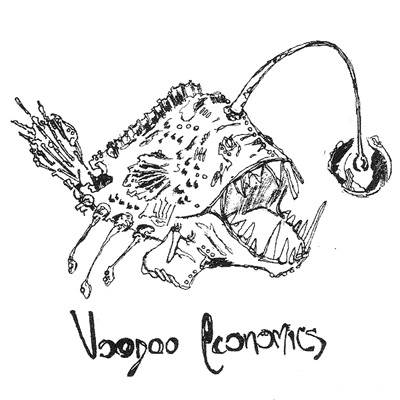What is Voodoo Economics

Reaganomics or Voodoo economics is a macroeconomic theory introduced by former U.S President Ronald Reagan during his tenure in the 1980s. It dealt primarily with supply side economics, with the view of providing incentive to the wealthy, but contradicted the conventional theories delivered by Keynesian and Milton Freedmen.
Instructions
-
1
The basis of the theory revolved around reducing government spending and income tax, and limiting the role of inflation by controlling the money supply. It argued that by lowering taxes, people would benefit as it will increase productivity. While that may be true to an extent, the focus on worker productivity was an absurd assumption given that one cannot force anyone to work for longer hours.
-
2
For instance, when an economy is going through a recession, as was the case in the Great Depression of 1930s, the only possible way for the economy to recover was on its own, with little help from the government. As it limited people’s buying power, Keynesian argued that the government must try to increase the demand for goods and services. However, that remained a demand side theory, which argued that the interest rates should be at a bare minimum which will in turn induce people to borrow more and hence spend more. However, in order to do so, government will have to take control of the money supply, which then may lead to an increase in inflation.
-
3
Voodoo economics worked in the opposite way and emphasized on changing supply. This can be done by government cutting back on their taxes. With taxes reduced, large businesses or rich people will have more money at their disposal and hence will work efficiently, which in turn will regulate the demand of product and services and hence benefit the whole society. With little to give to the government, businesses will incur increased revenue, and create greater employment opportunities. However, what it failed to account for was the appropriate estimation of a rich person’s willingness to contribute longer hours, weeks or months to their work.
-
4
While in theory it seemed appealing, the results were not so attractive, with the government incurring substantial debts. This further reduced government spending power, and also limited any government-funded incentives. The wealthy people became even wealthier as they kept the money rather than investing it back.






